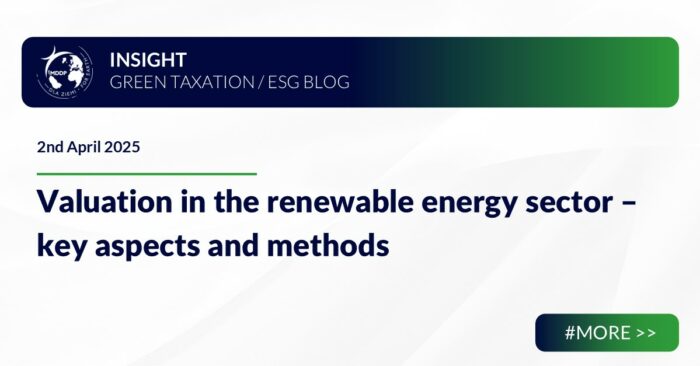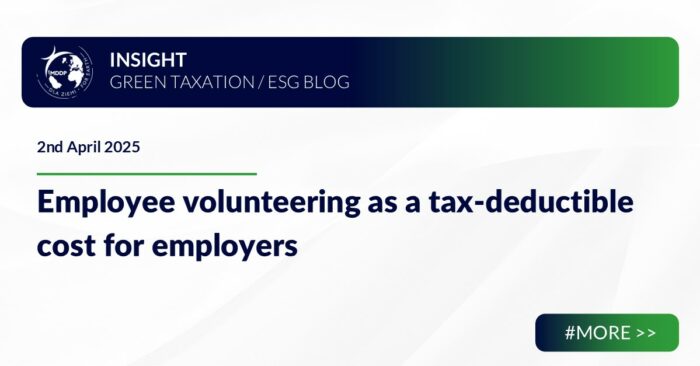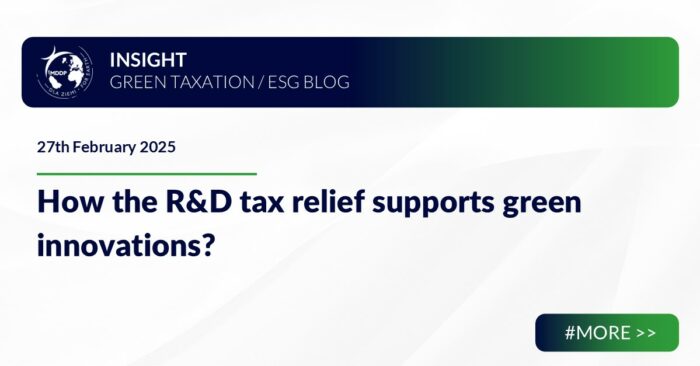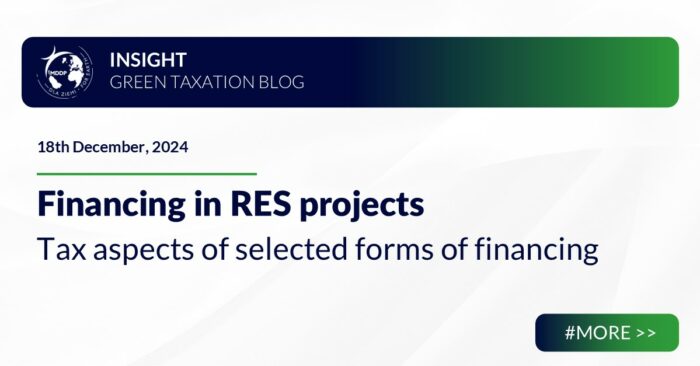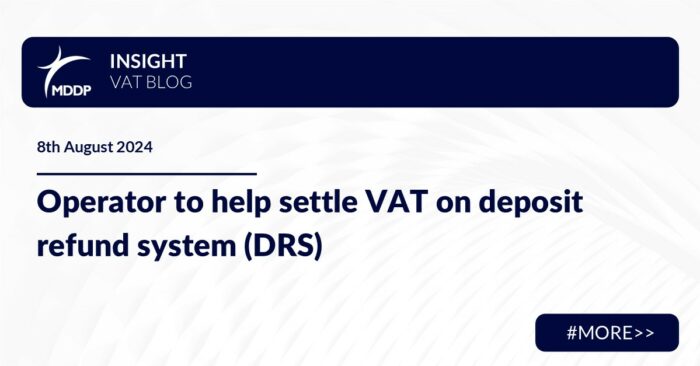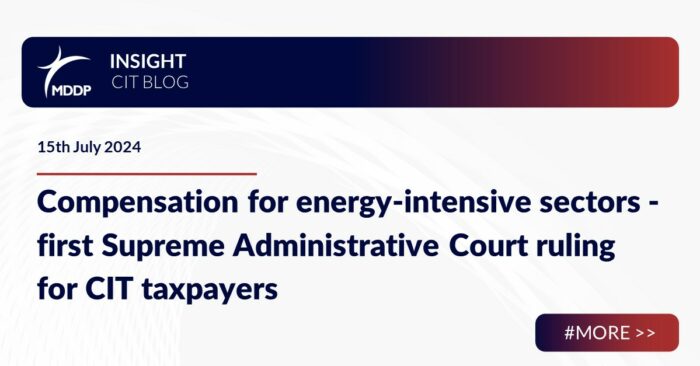Valuation in the renewable energy sector – key aspects and methods
Why is valuation in the RES sector so important? High-quality valuations in the renewable energy sector are increasingly becoming a critical component for the successful implementation of investments. The complexity of RES projects – from a regulatory, legal, social, economic, and technological perspective – requires a comprehensive approach, with valuations of companies, projects, and intangible…

